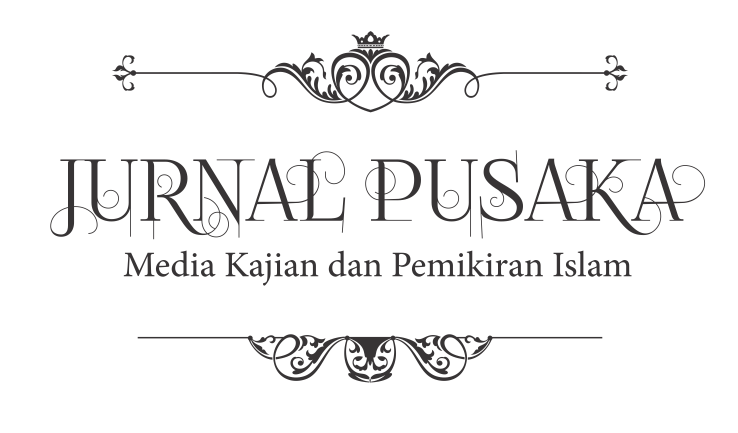MENINGKATKAN AKSES AIR BERSIH DAN SANITASI BAGI PEREMPUAN MISKIN DESA
Perspektif Gender dalam Pengelolaan Sarana Air Bersih dan Sanitasi Berbasis Komunitas melalui Pendekatan Participatory Action Research di Desa Kademangan Kecamatan Pagelaran Kabupaten Malang
DOI:
https://doi.org/10.35897/ps.v4i2.96Abstract
Water and sanitation are human rights that must be met, respected and protected by the State. In guaranteeing the fulfillment of human rights over access to clean water and sanitation, women and children have vulnerabilities to human rights disturbances. Therefore, it is necessary to manage clean water and sanitation facilities with gender perspective as an effort to increase the availability of access to clean water and sanitation for the fulfillment of household / domestic needs, so that it can directly affect the quality of life of the community as a whole. In Kademangan village, Pagelaran sub-district of Malang Regency, clean water facilities management is not sufficient to meet the needs of all layers of the majority community, including the category of poor families. It is this economic reason that inhibits the villagers' willingness to build latrines, so the habit of defecating people (BAB) in any open / open river place still continues today. Communities should be given access to information and knowledge about the importance of clean water and sanitation by focusing on increasing participation and access of local communities' control over their resources. So the public recognizes its need for access to clean water and sanitation and makes it more responsible for its management and maintenance. This research focuses on the empowerment process of clean water users and women groups through participatory action research (PAR) approach given periodic assistance / organizing so that ownership of the program and group is not built at all. The creation of sustainable water supply and sanitation management systems and strengthening the capacity of communities to engage in policy-making processes and programs that are gender-sensitive and pro-poor. Key word: access, clean water, sanitation, poor.
Keywords: access, clean water, sanitation, woman, poor




